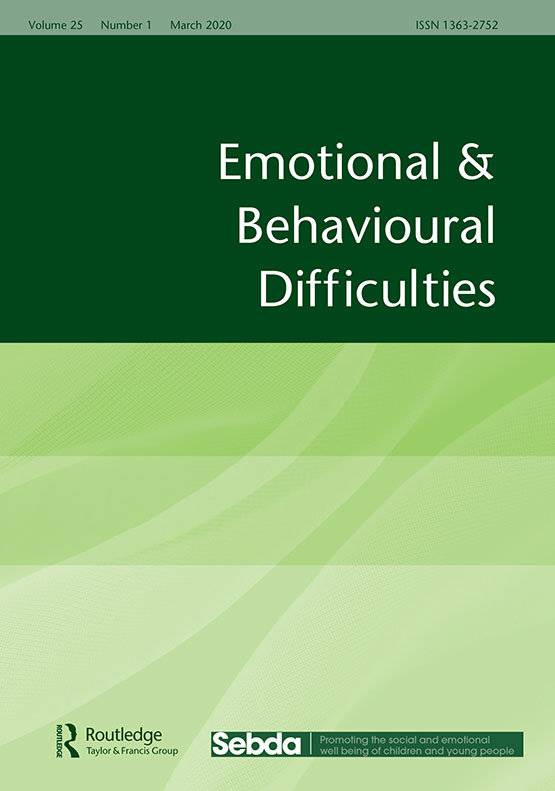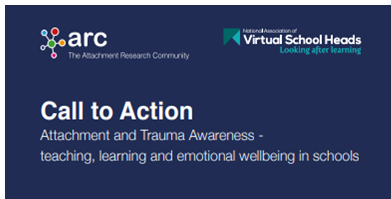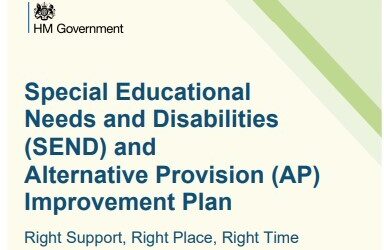MODULE CONTENT

All Modules are compulsory. You will study one module per semester.
Module 1: Understanding SEMH Difficulties
Following a series of induction tasks, this Module will explore historical perspectives on SEMH and evaluate the way that historical concepts still shape contemporary understandings. You will then undertake a critical review of a range of psychological perspectives that seek to understand SEMH needs. This will include behaviourist, humanist, eco-systemic and psychodynamic perspectives on SEMH.
Module 2: Managing SEMH Difficulties
In Module 2 you will explore a range of assessment tools to support the Graduated Approach (Assess-Plan-Do-Review) including ‘Formulation’. You will be required to conduct a critical review of SEMH policy and guidance, including the role of multi-agency teams, pupil voice and issues around working with families. The complex area of bullying and cyberbullying will also be explored.
Module 3: Neuroscience and SEMH Difficulties
In this module you will explore positive, secure emotional development and contrast this with disrupted and inhibited emotional development following experiences of trauma, abuse and/or neglect. Nurture group intervention will be critically evaluated and the contribution made by neuroscientific research in this area will be critically appraised. The particular needs of children and young people who are care-experienced will also be considered carefully in this Module.
Module 4: Complex Social Emotional and Mental Health Difficulties
In Module 4, statistics around SEMH in your country will be critically evaluated in the context of ethnicity, socio-economics, diversity and inclusivity. Complex SEMH needs including autism and attachment disorder will be explored in depth and practical interventions will be evaluated in relation to anxiety, depression and self-harm.
Module 5: Research Methods and SEMH
Module 5 is a Research Methods Module that has been designed to ensure that all students are ready for a Dissertation year (Year 3) should they wish to complete a full MA Education (SEND). In this Module, Qualitative and Quantitative research approaches, methods and techniques will be critically explored and analysed. Students will then be required to go through the process of undertaking an initial Focus Group interview (with adults) followed by a thematic analysis of transcripts and a presentation of the results in a Report. This Report will be the assessed task for the Module.
Module 6: Advanced Intervention Social Emotional and Mental Health Difficulties
In this final Module you will carry out an evidence-based exploration of a range of advanced mental health issues including ADHD, obsessive-compulsive disorders and eating disorders. Psychodynamic interventions in relation to these difficulties will be contrasted with those offered by Cognitive Behavioural Therapy. At every turn, these mental health difficulties will be considered in context with an appreciation of how environments and life experiences contribute to the development (and resolution) of these complex needs.
Find out about our aims and ambition
Why become a SEBDA member?
Want to make a donation?
LATEST NEWS
Attachment Research Community – Call to Action
Attachment Research Community – Call to Action SEBDA is a signatory to the ARC’s (Attachment Research Community) campaign to raise awareness of Attachment and Trauma needs within schools across England. The Call To Action is for a system wide redevelopment of...
SEND and alternative provision improvement plan: right support, right place, right time
SEND and alternative provision improvement plan: right support, right place, right time In March 2023 the Government published an Improvement Plan setting out their proposals to create a sustainable SEND and alternative provision system that is easier for...
A new book to support parents
A new book to support parents This book brings together a wealth of practical ideas to support parents/carers cope with the challenging times we are all living through. Parenting involves both knowing what to do and having the capacity to do it. If you can...



